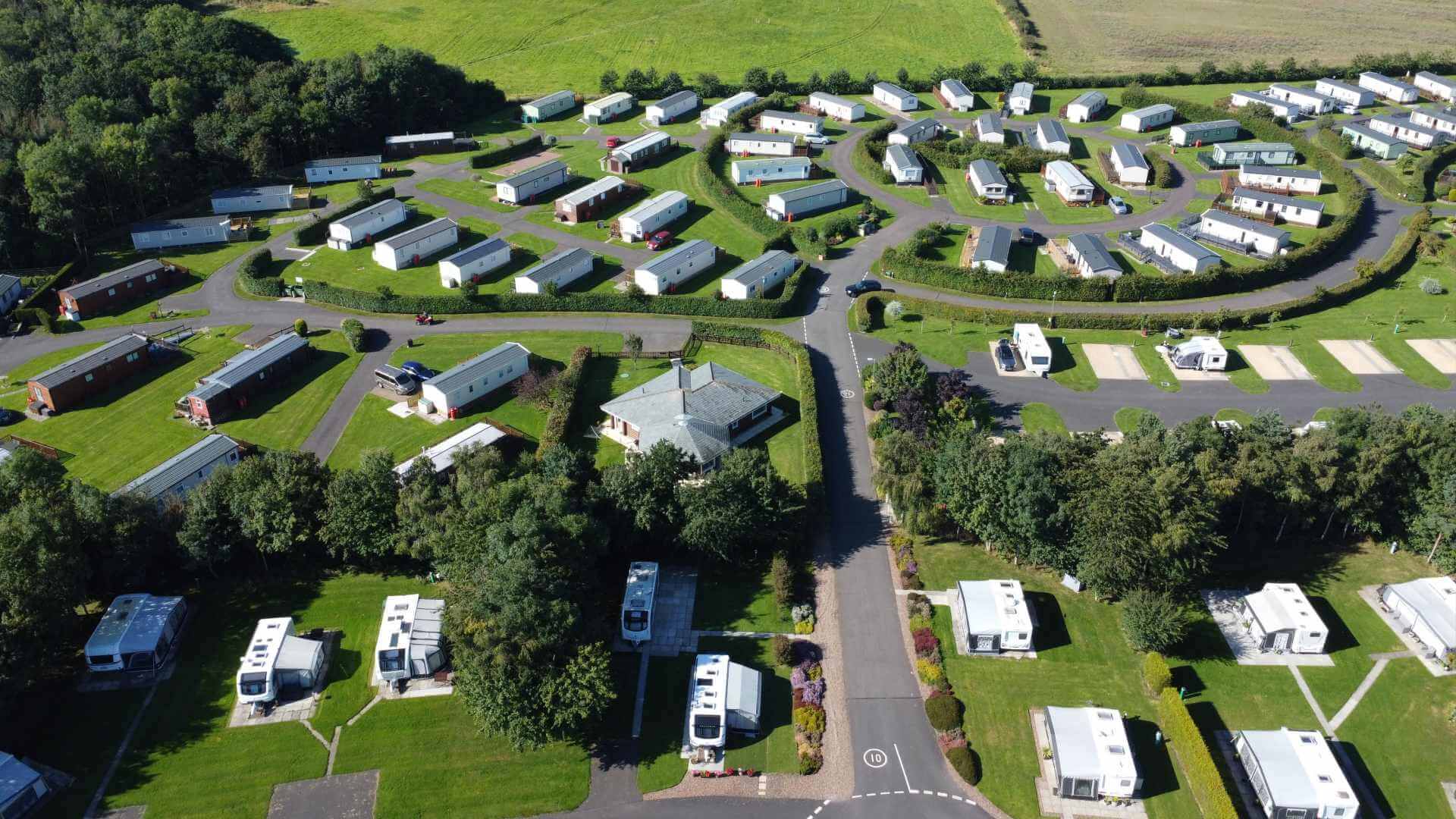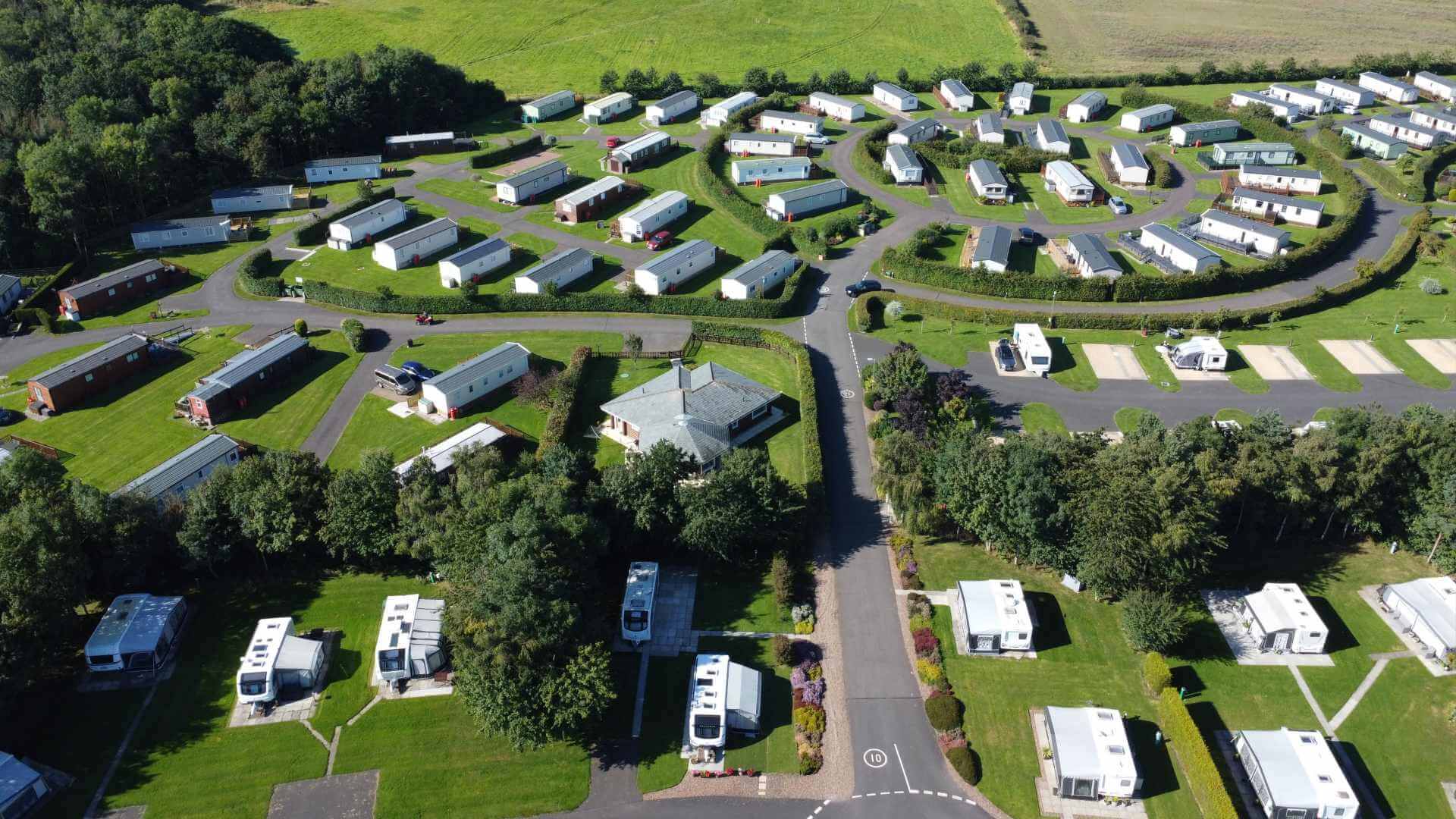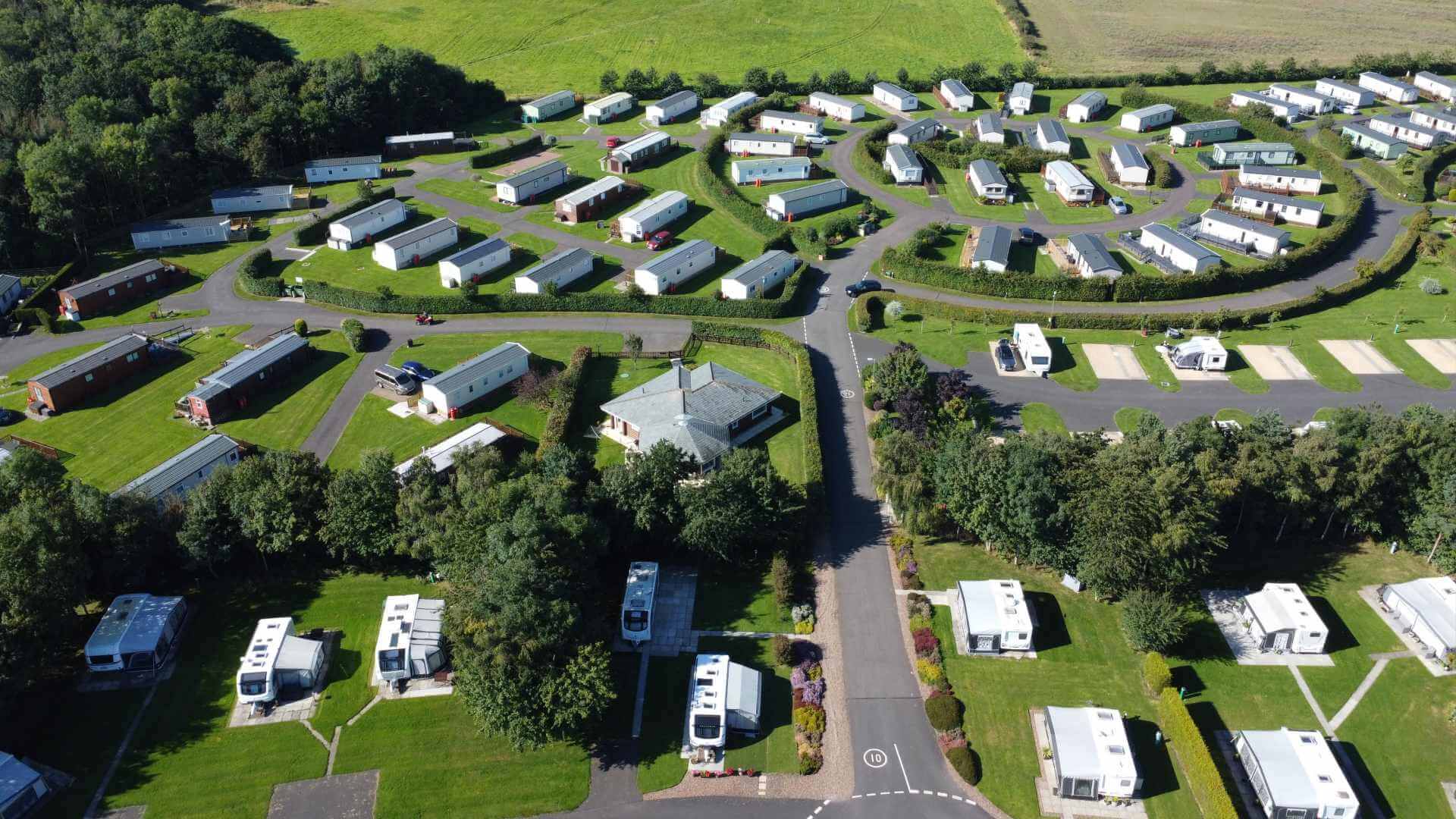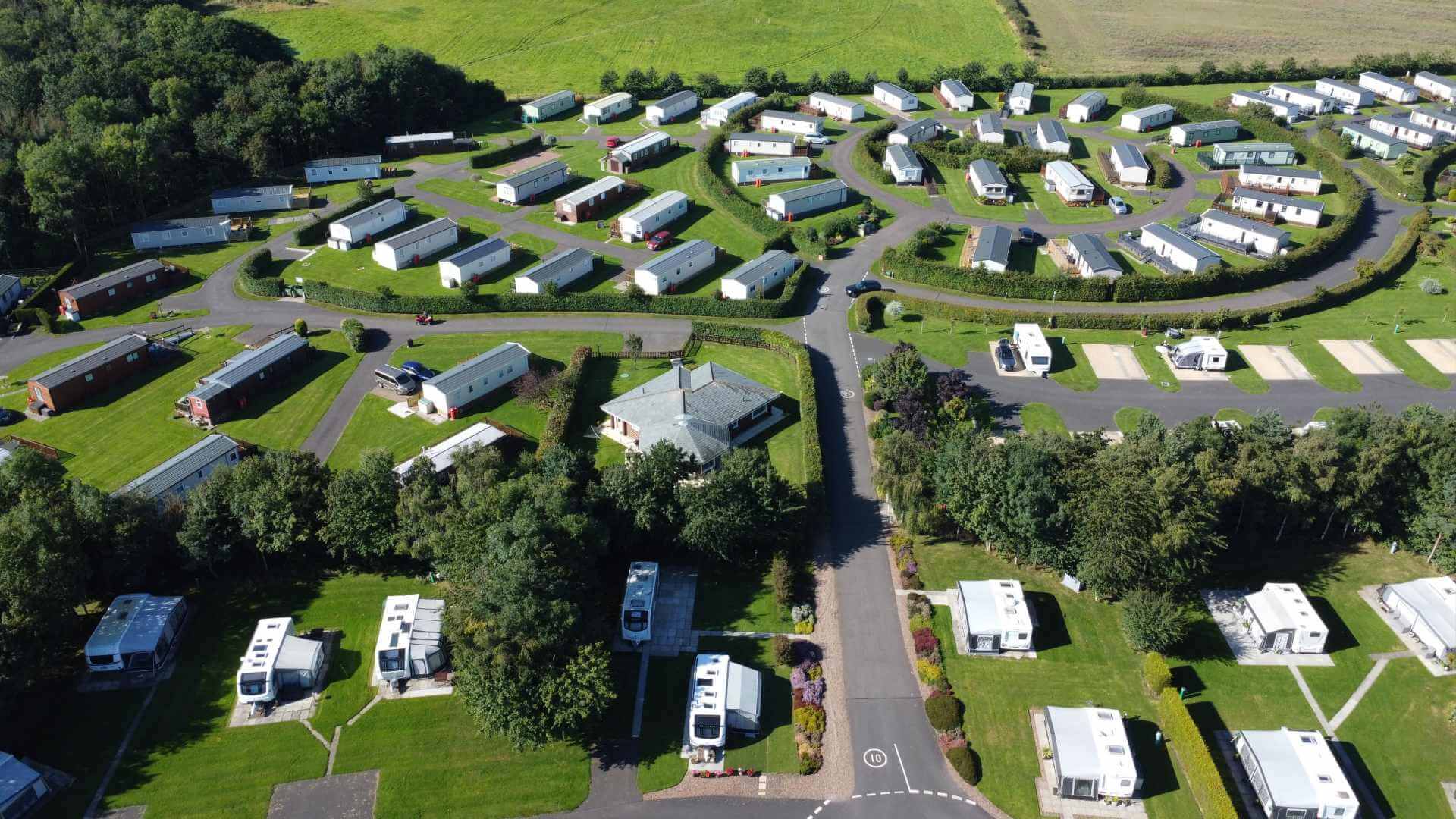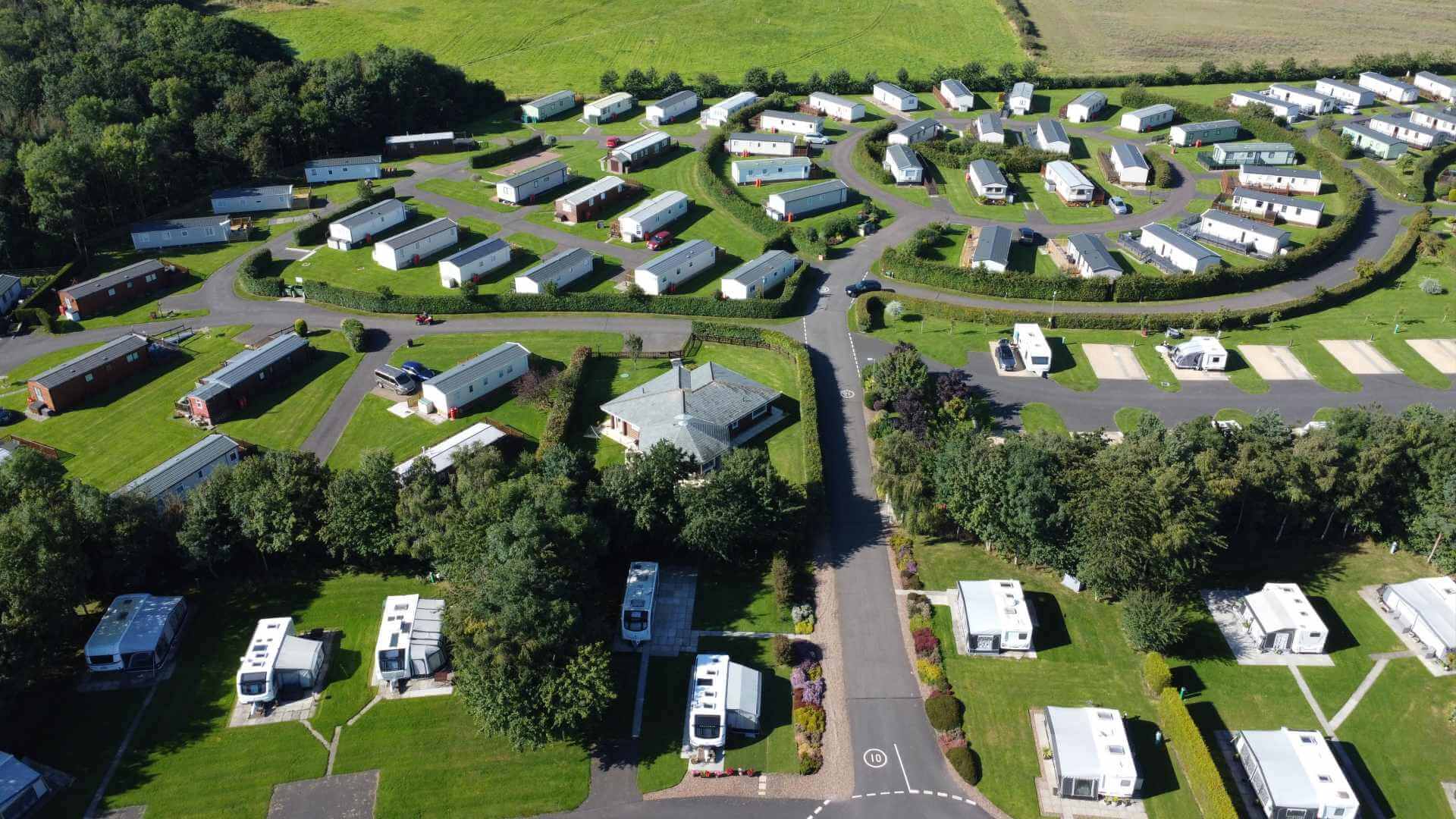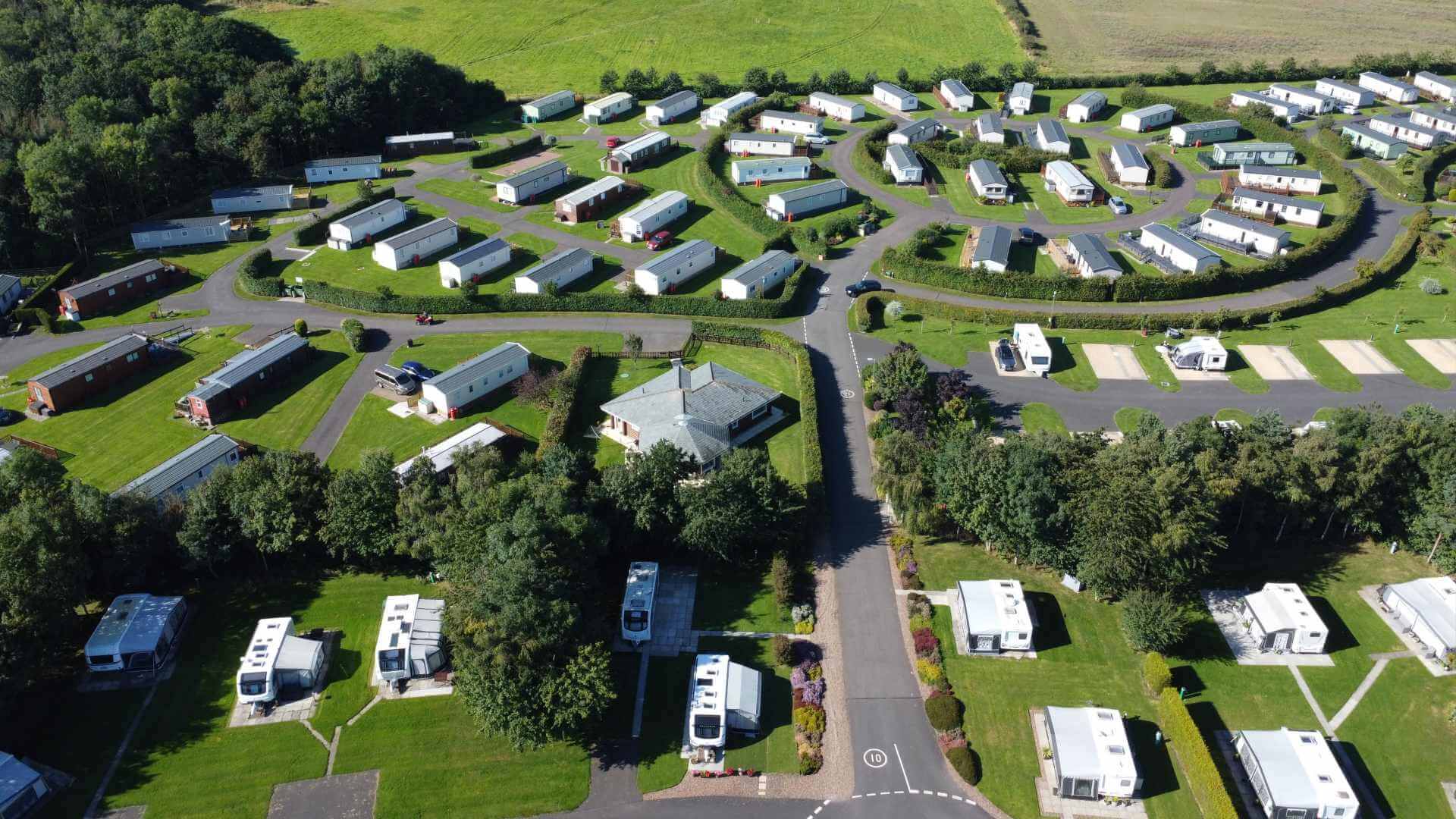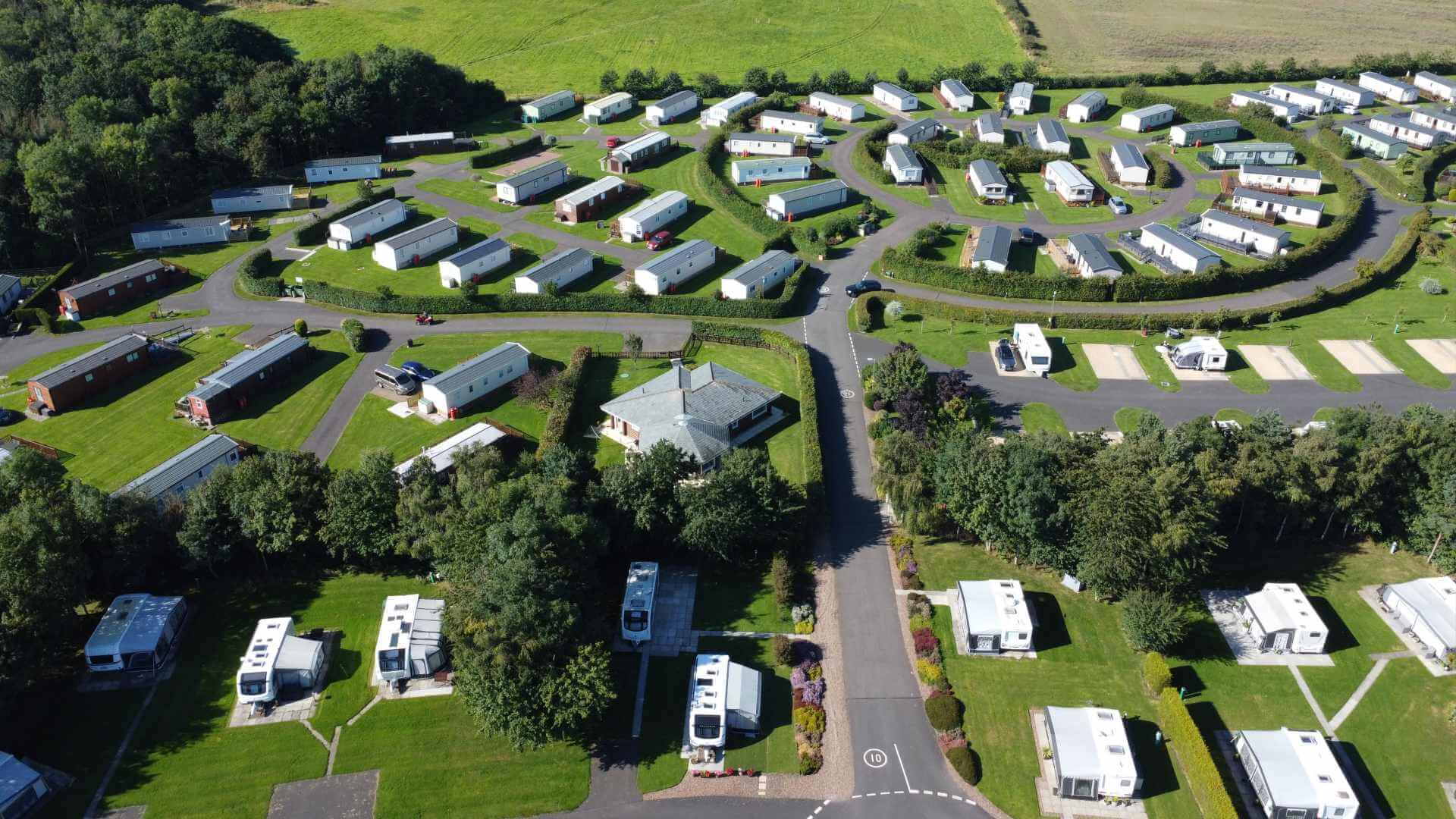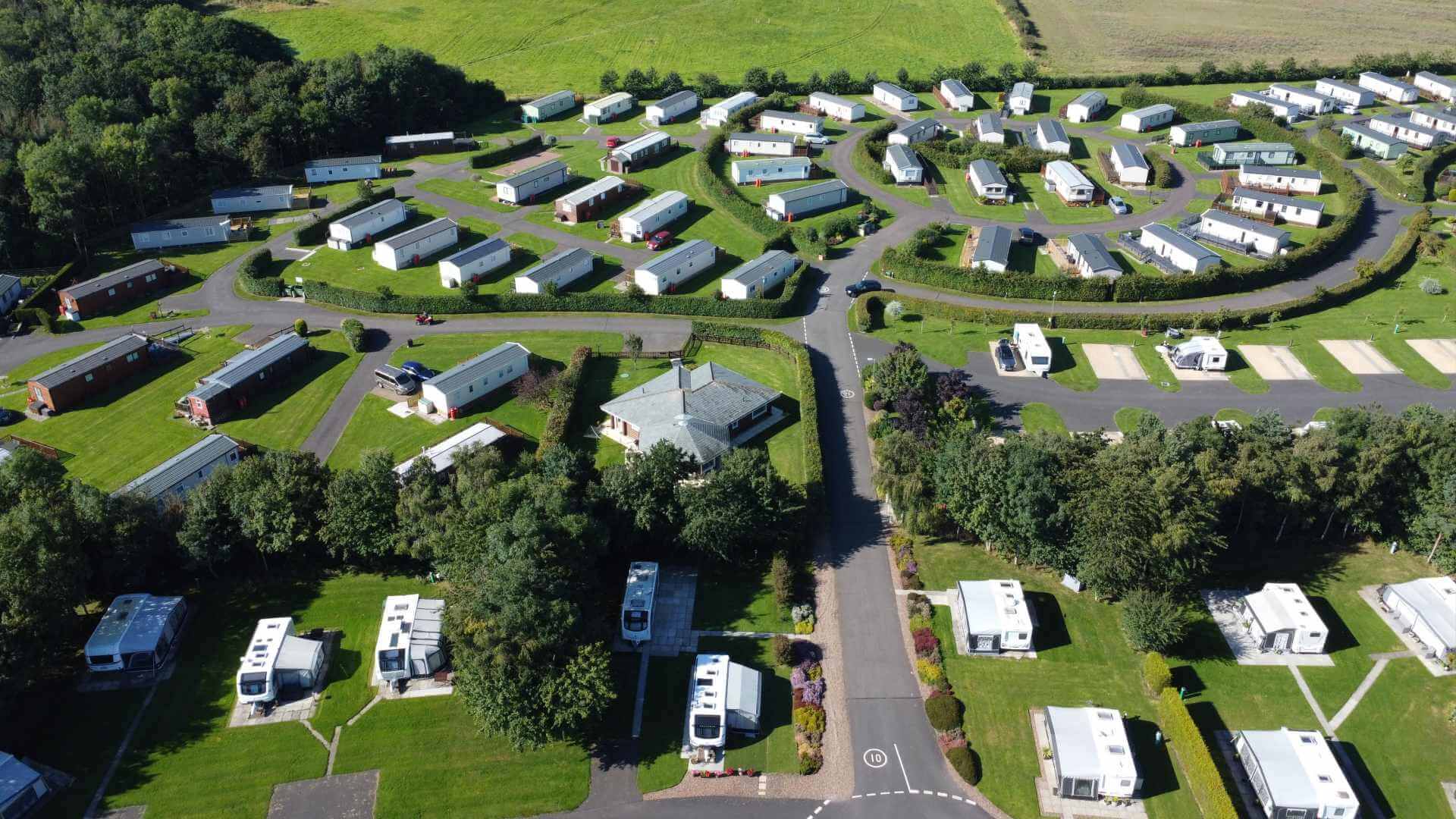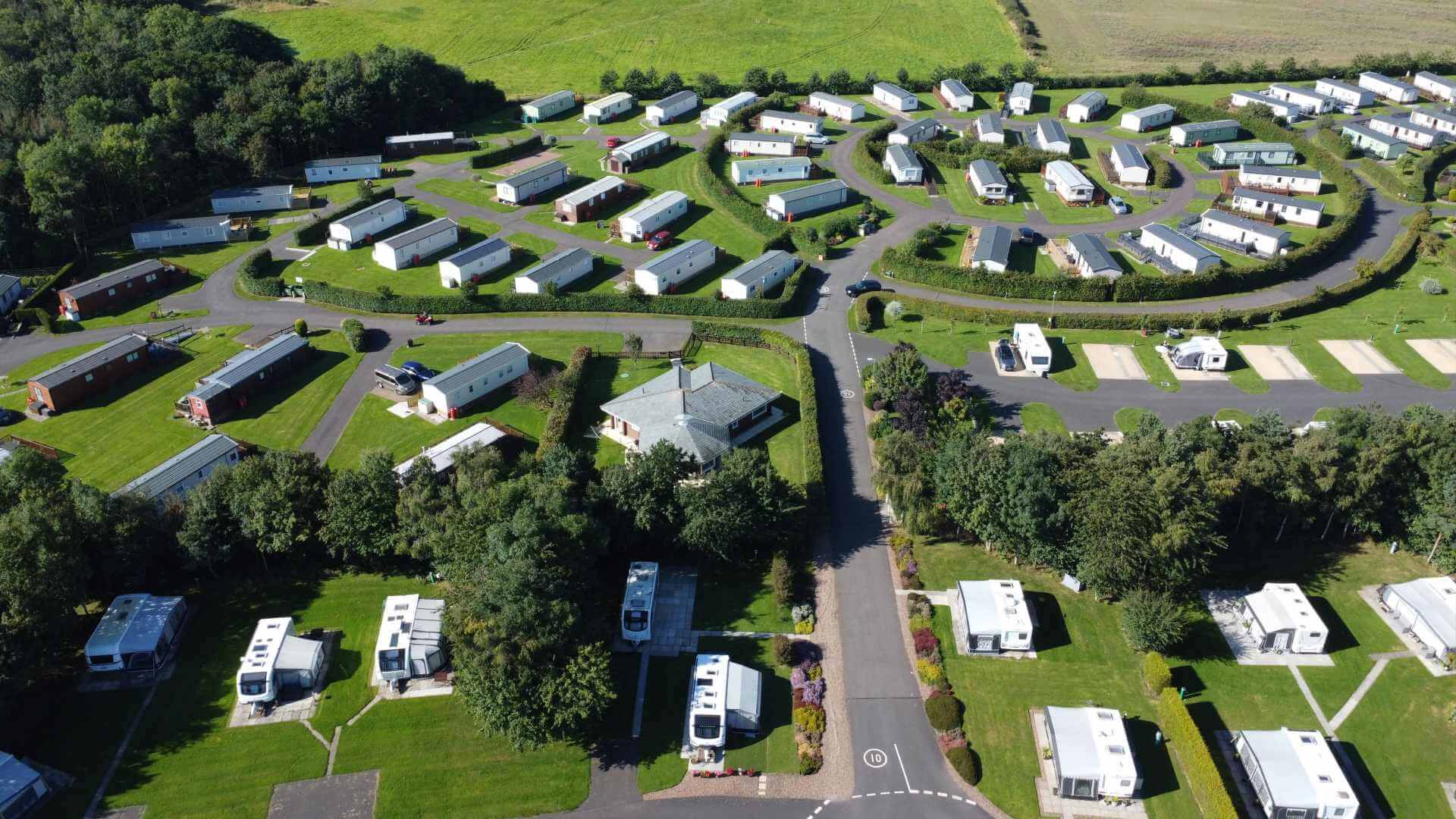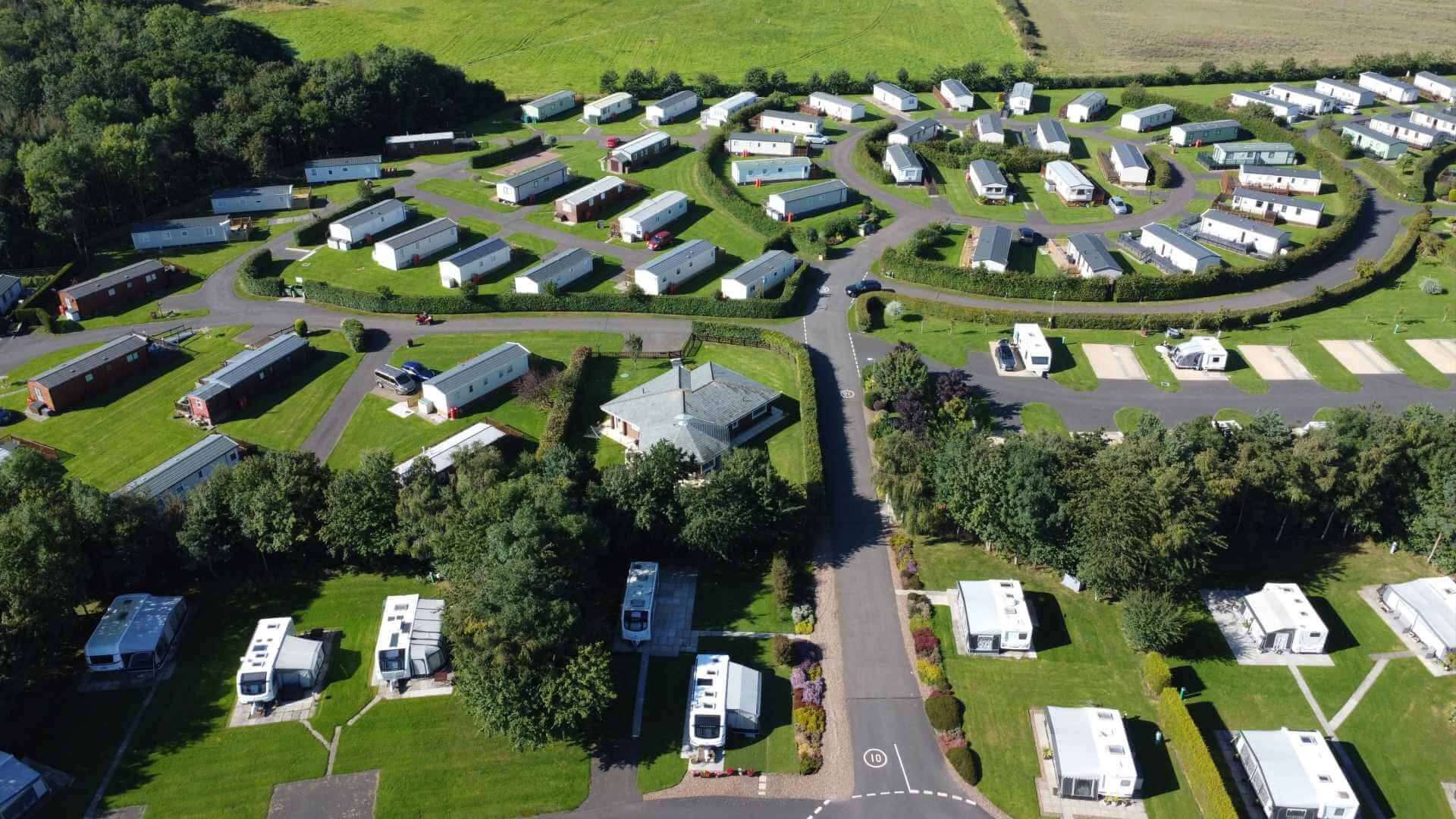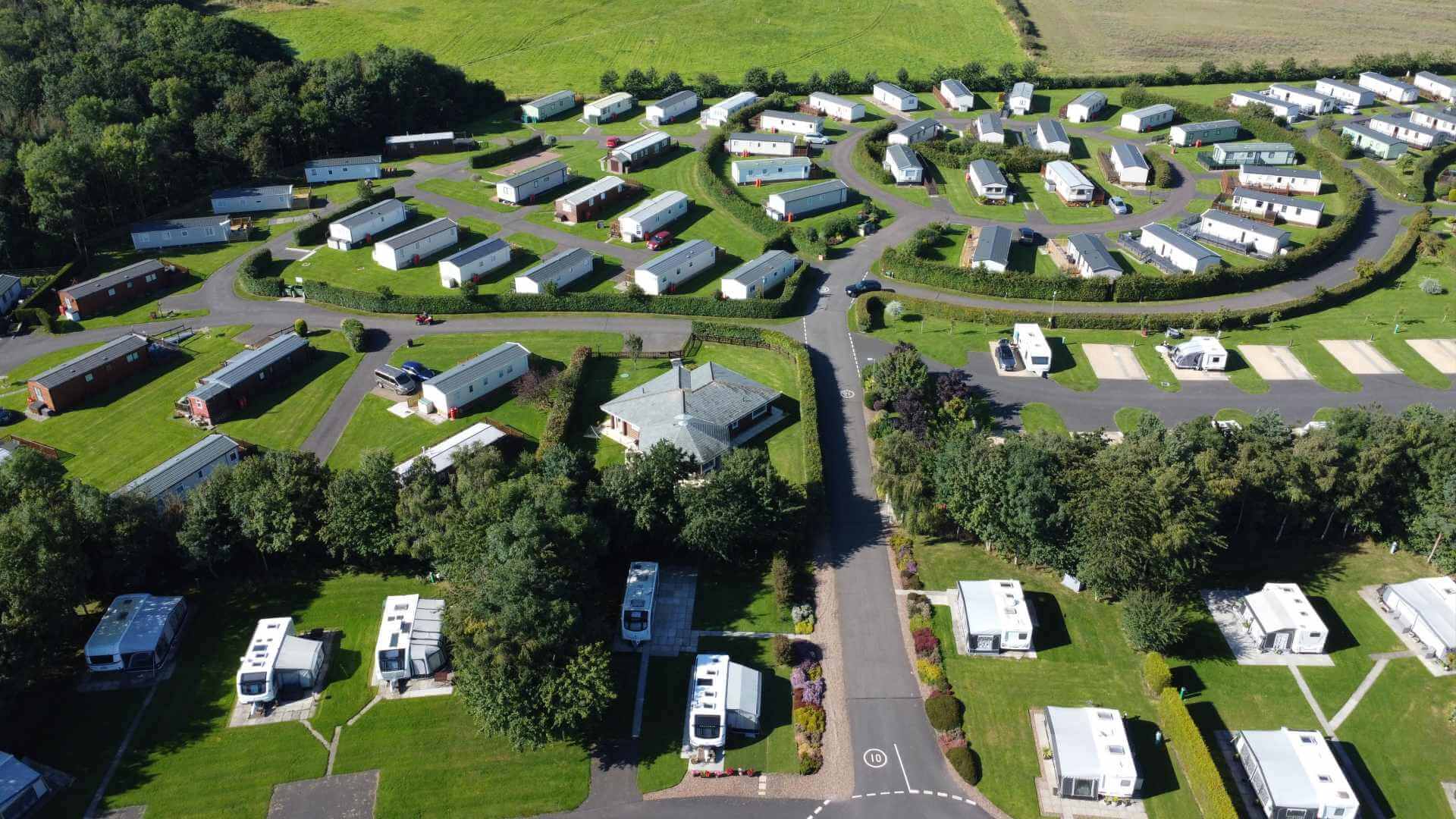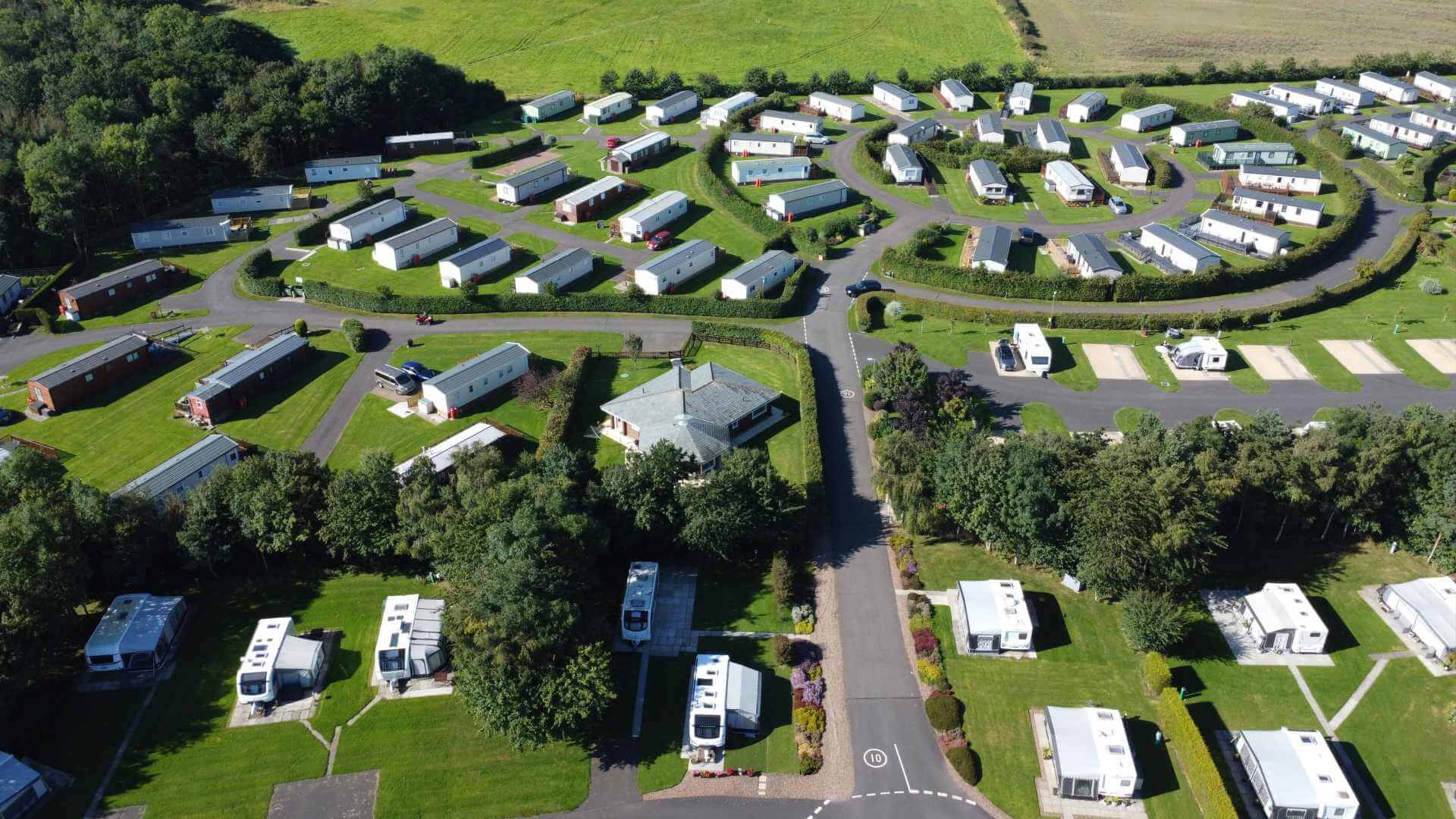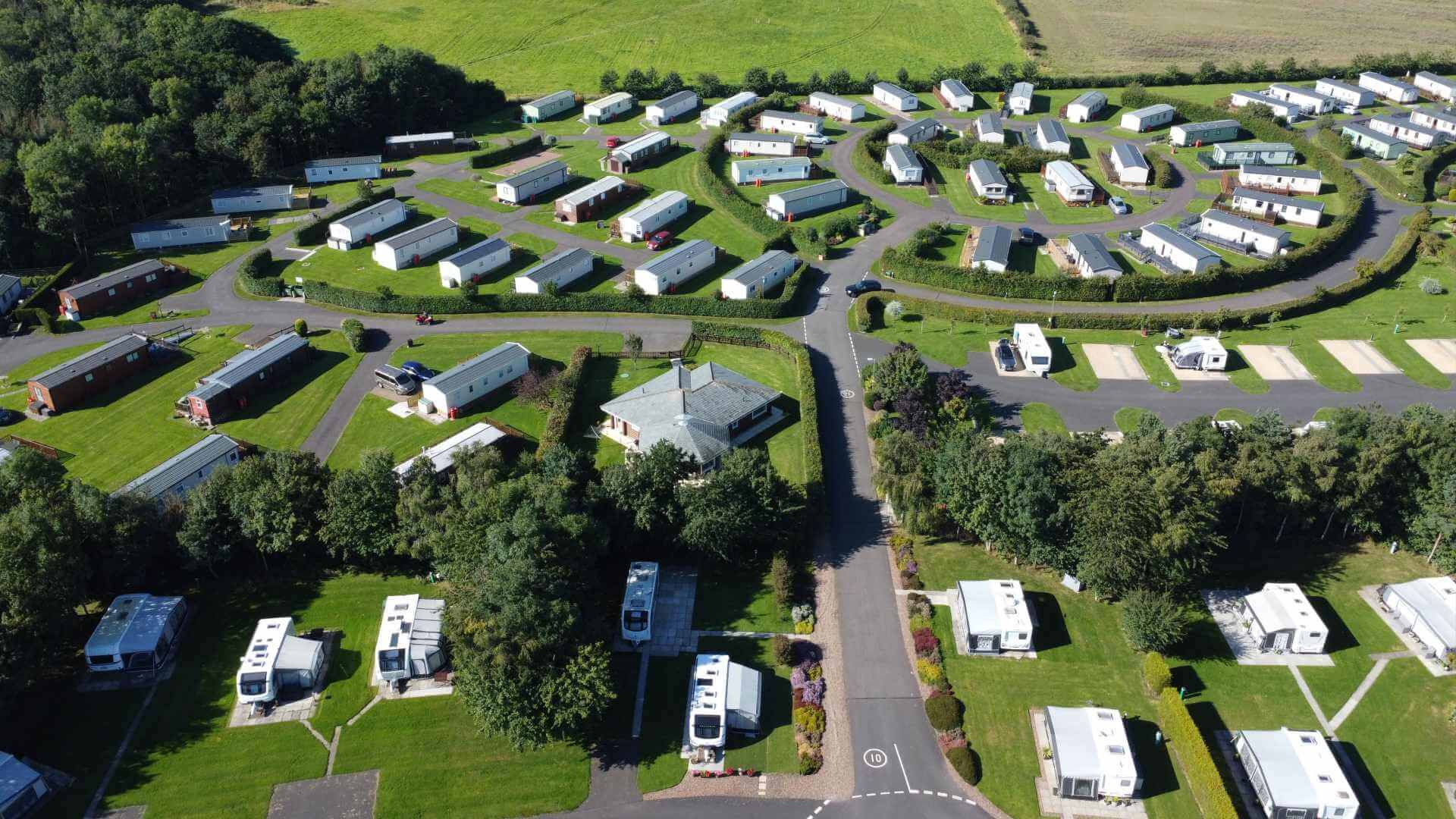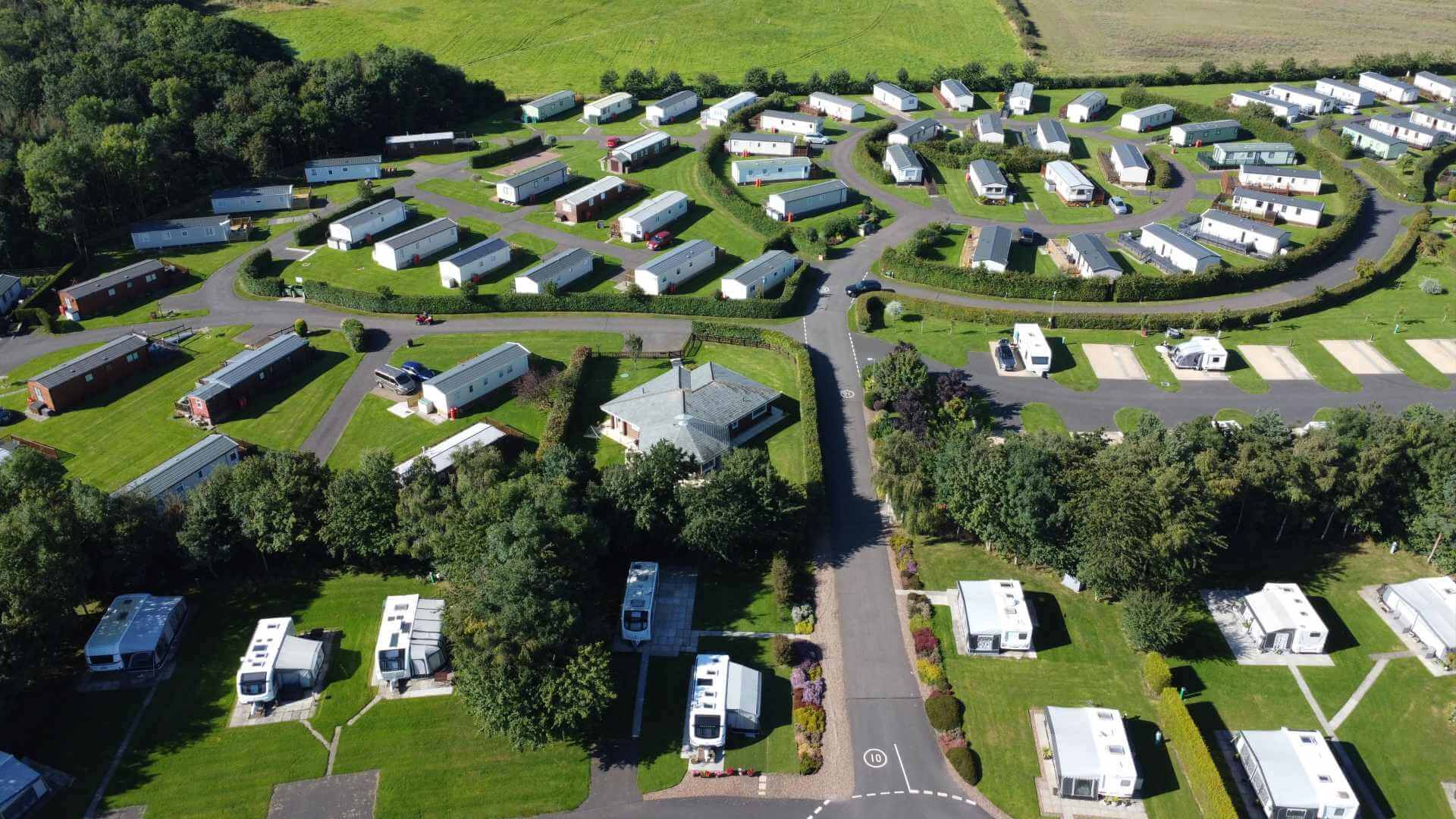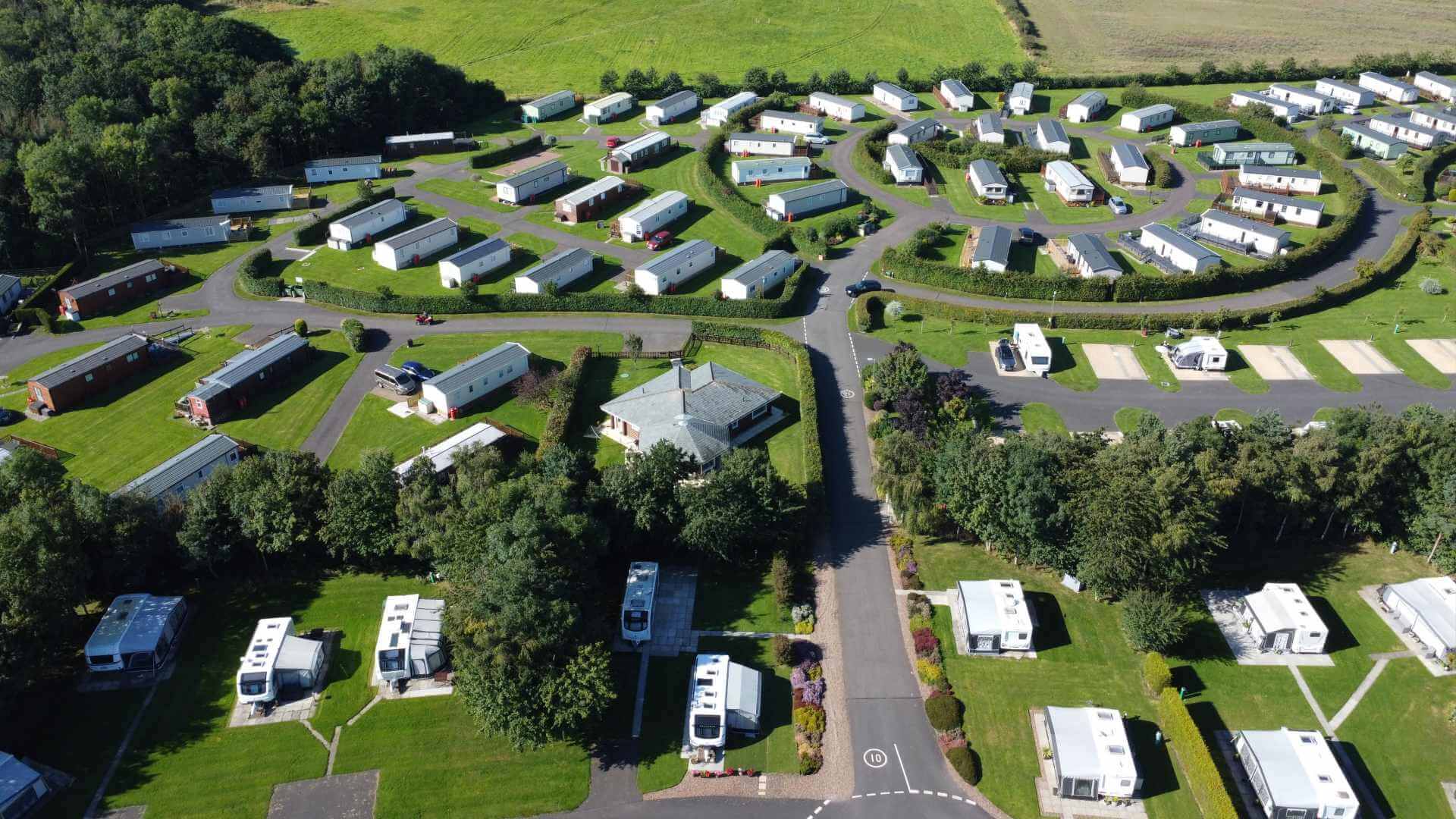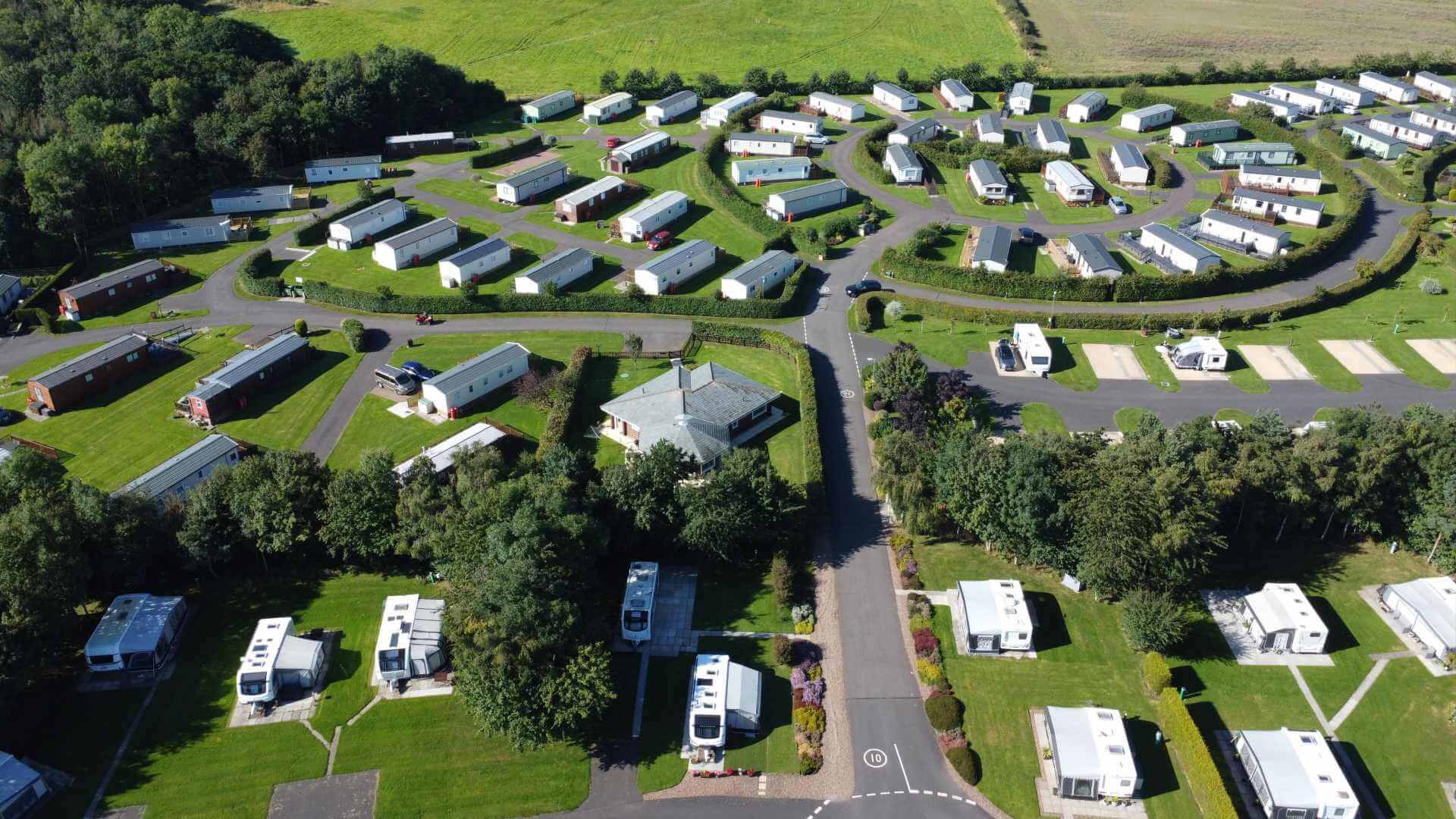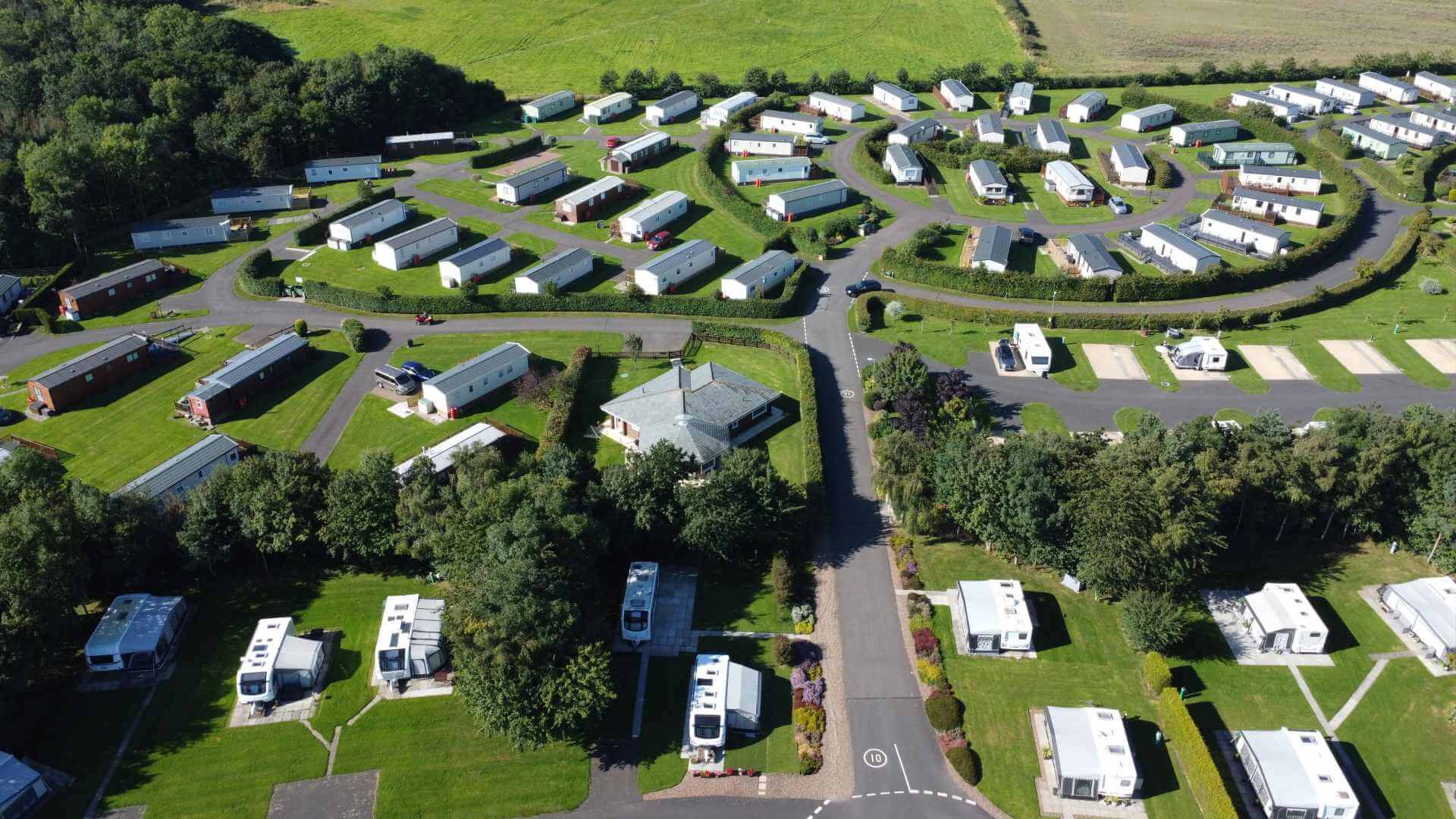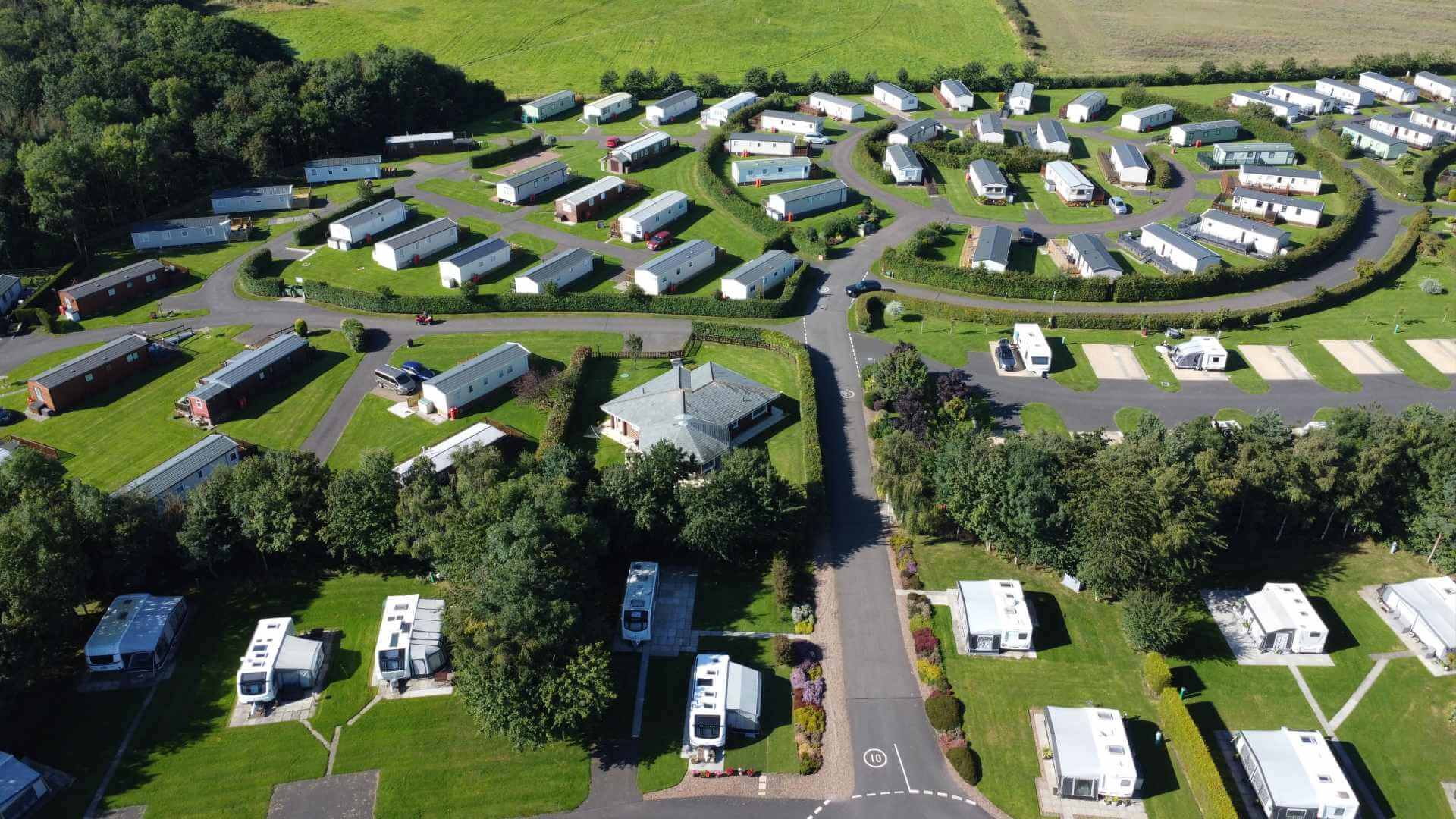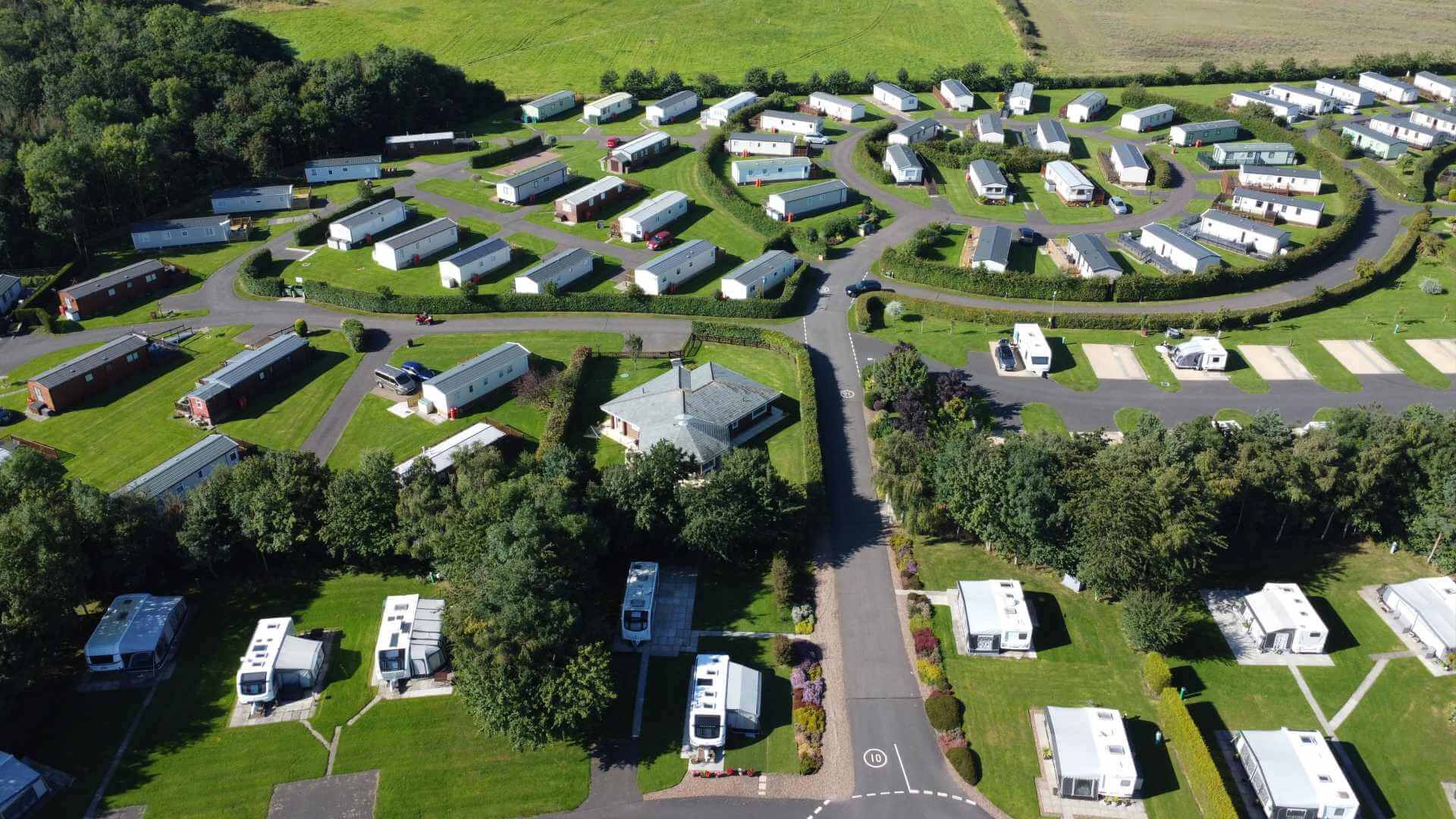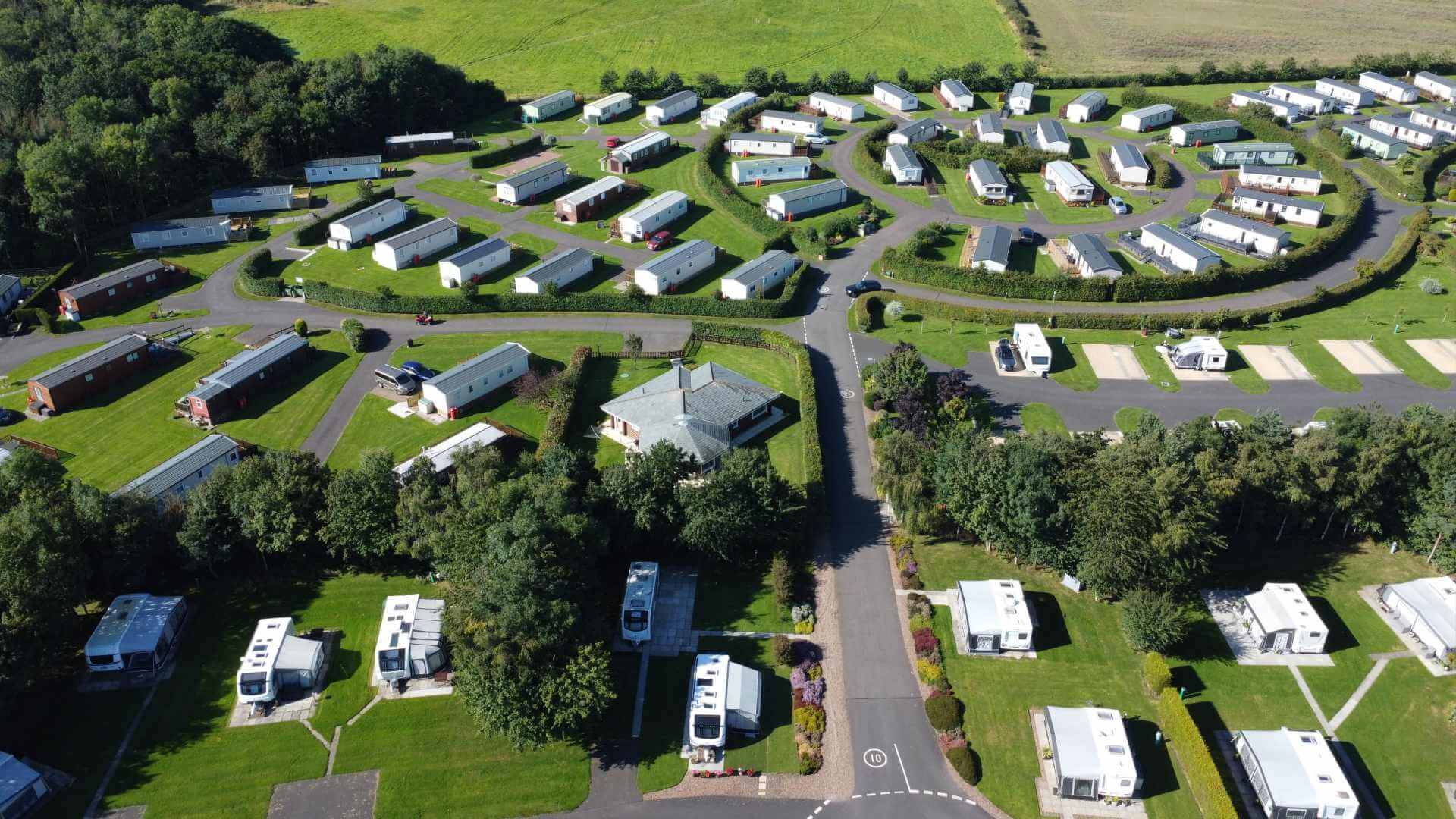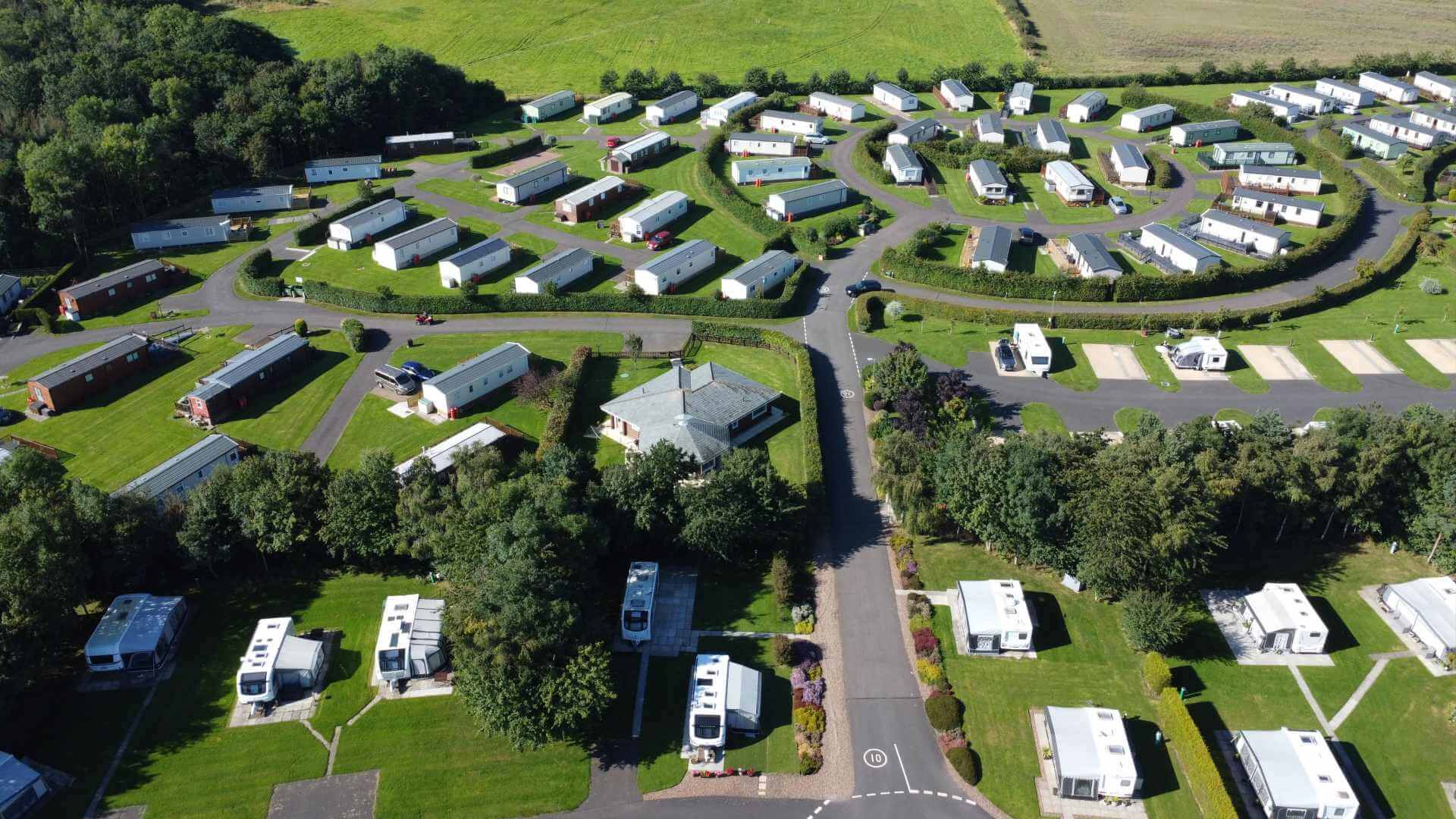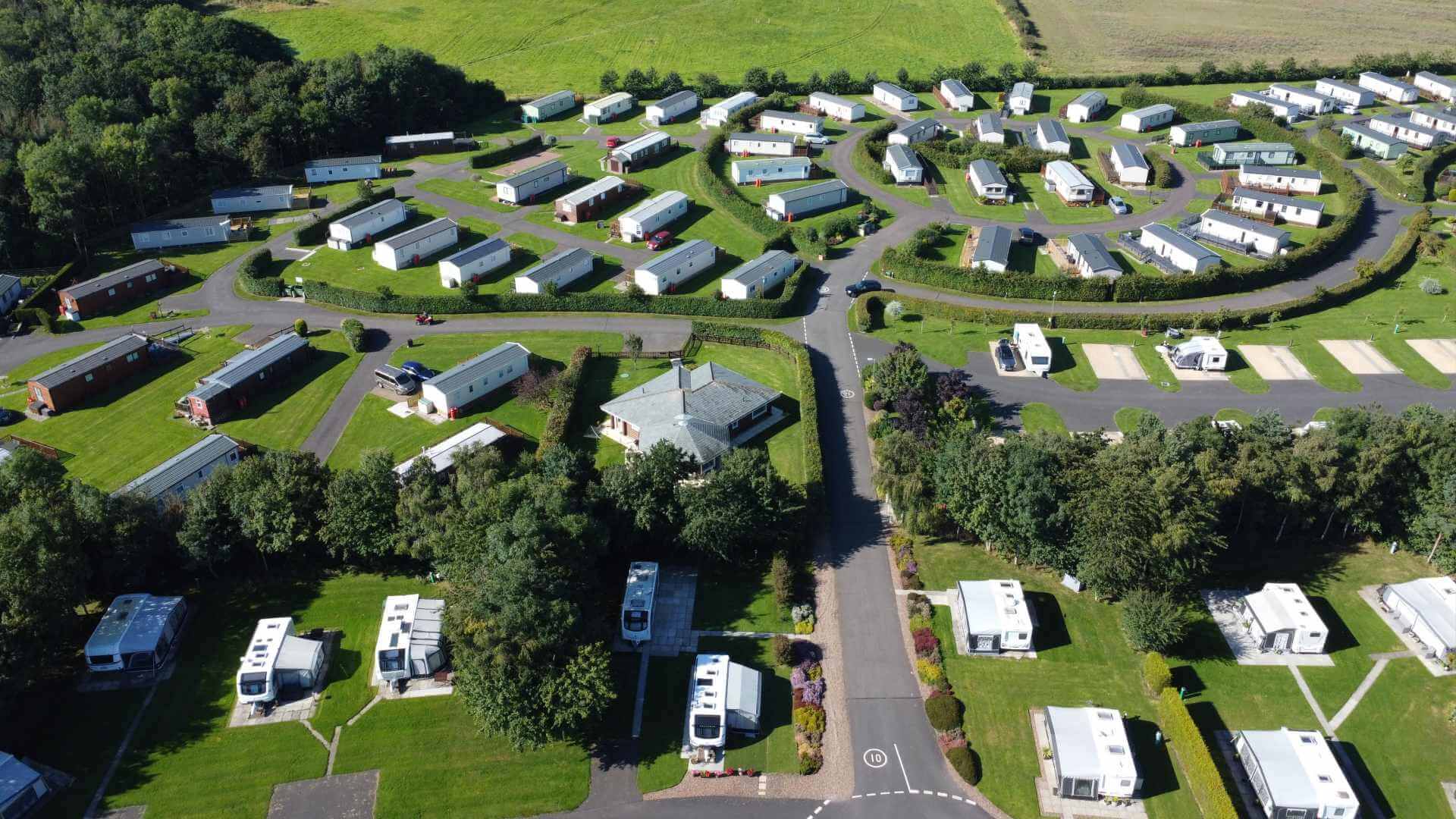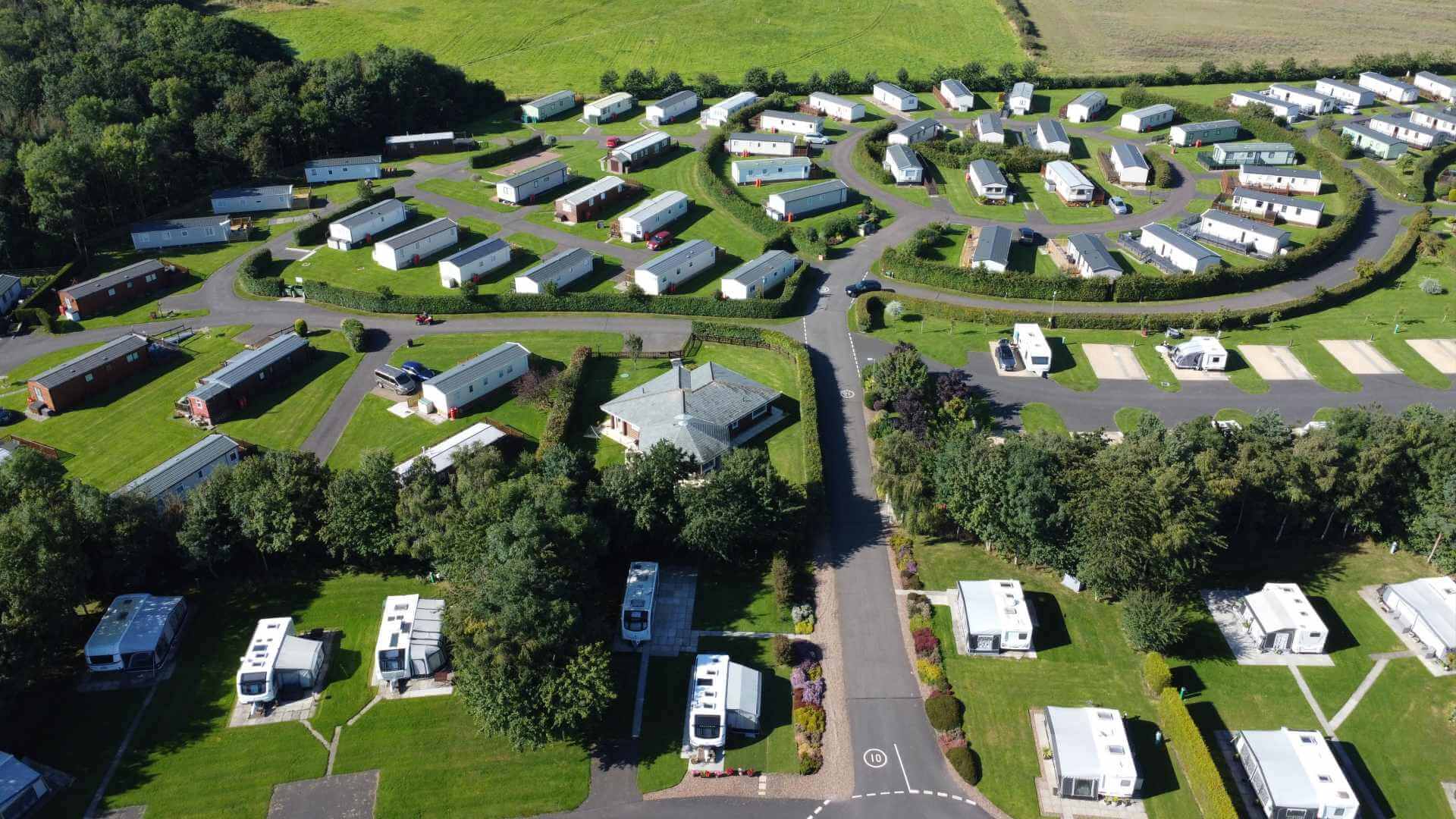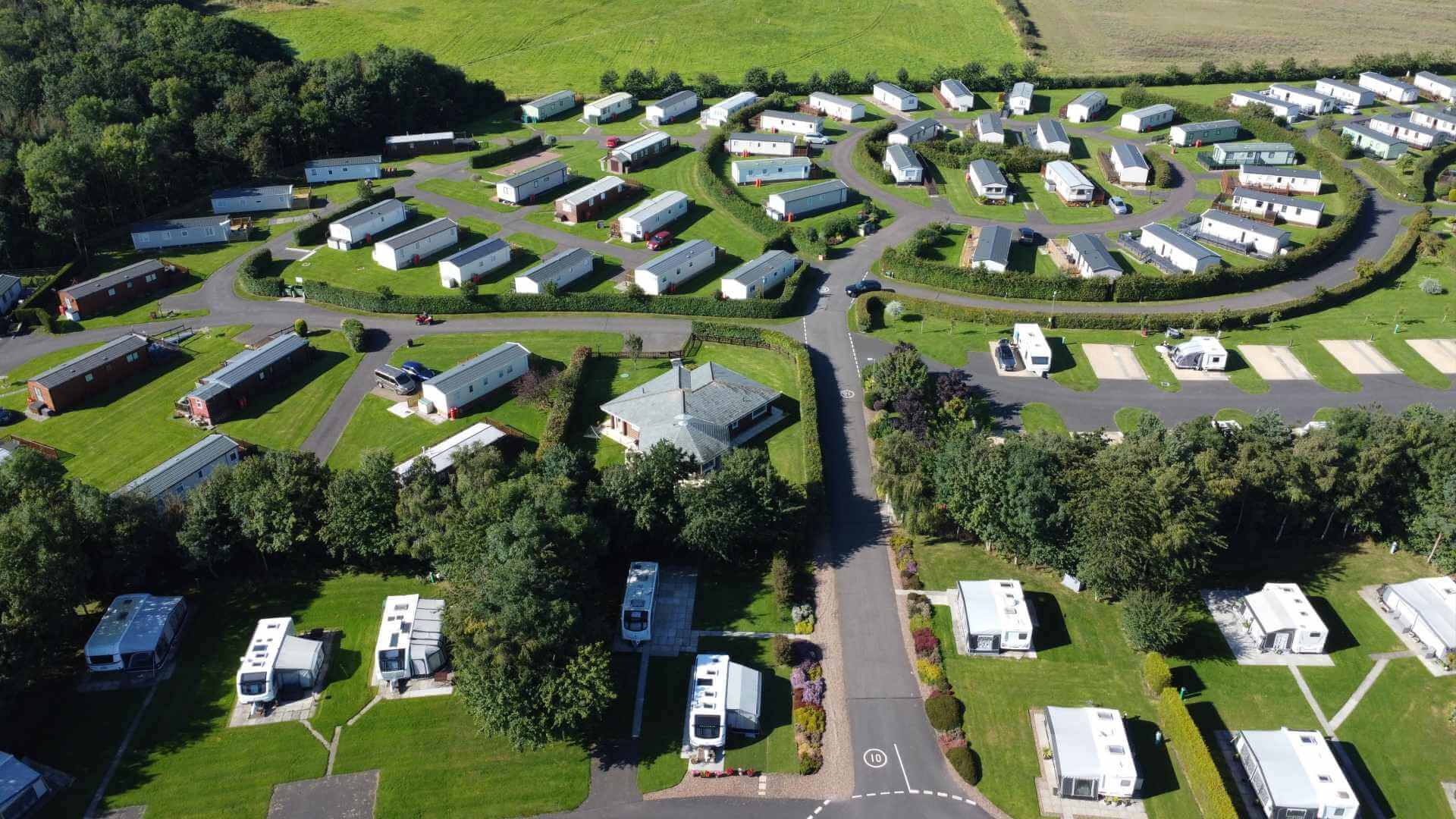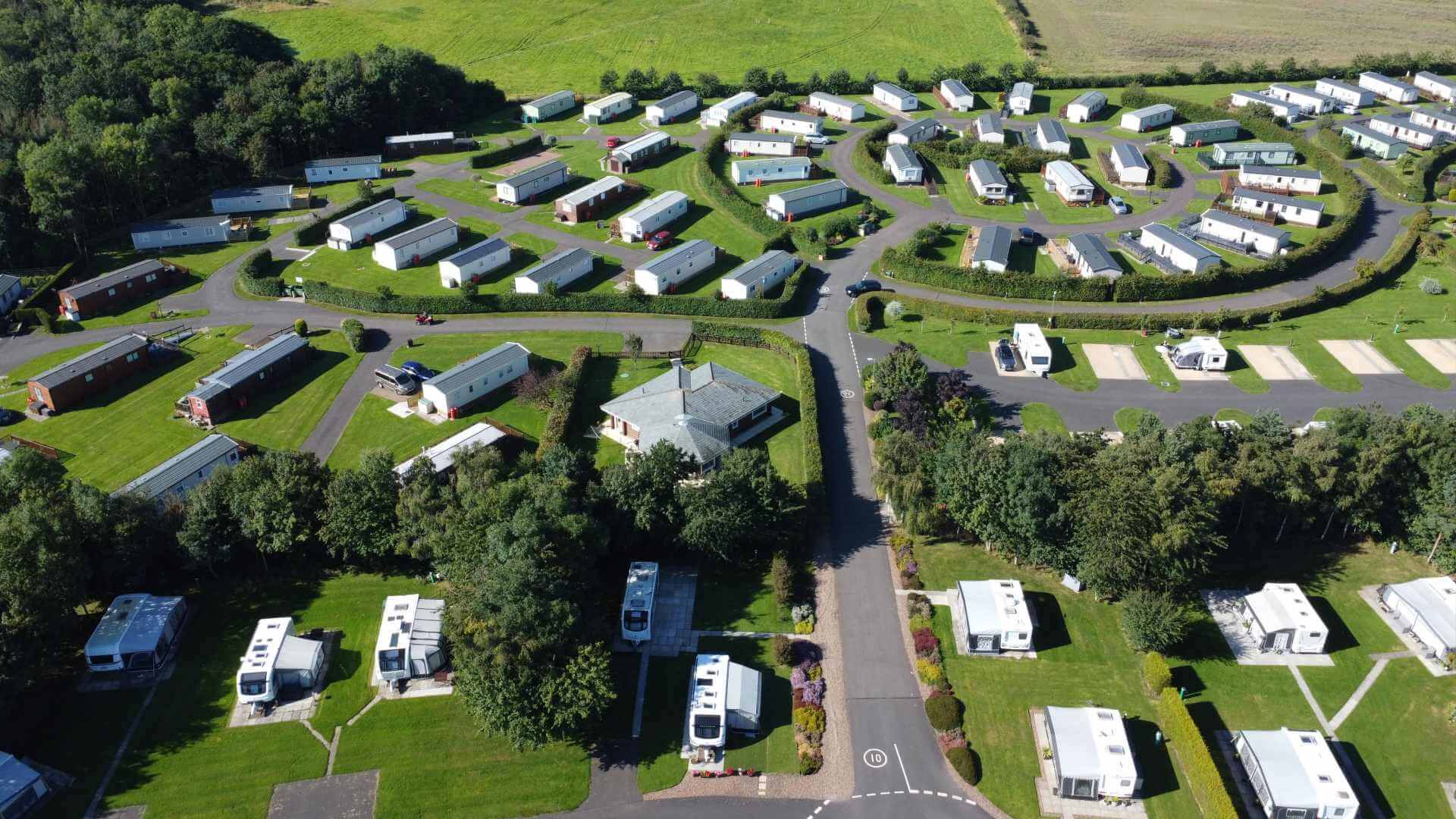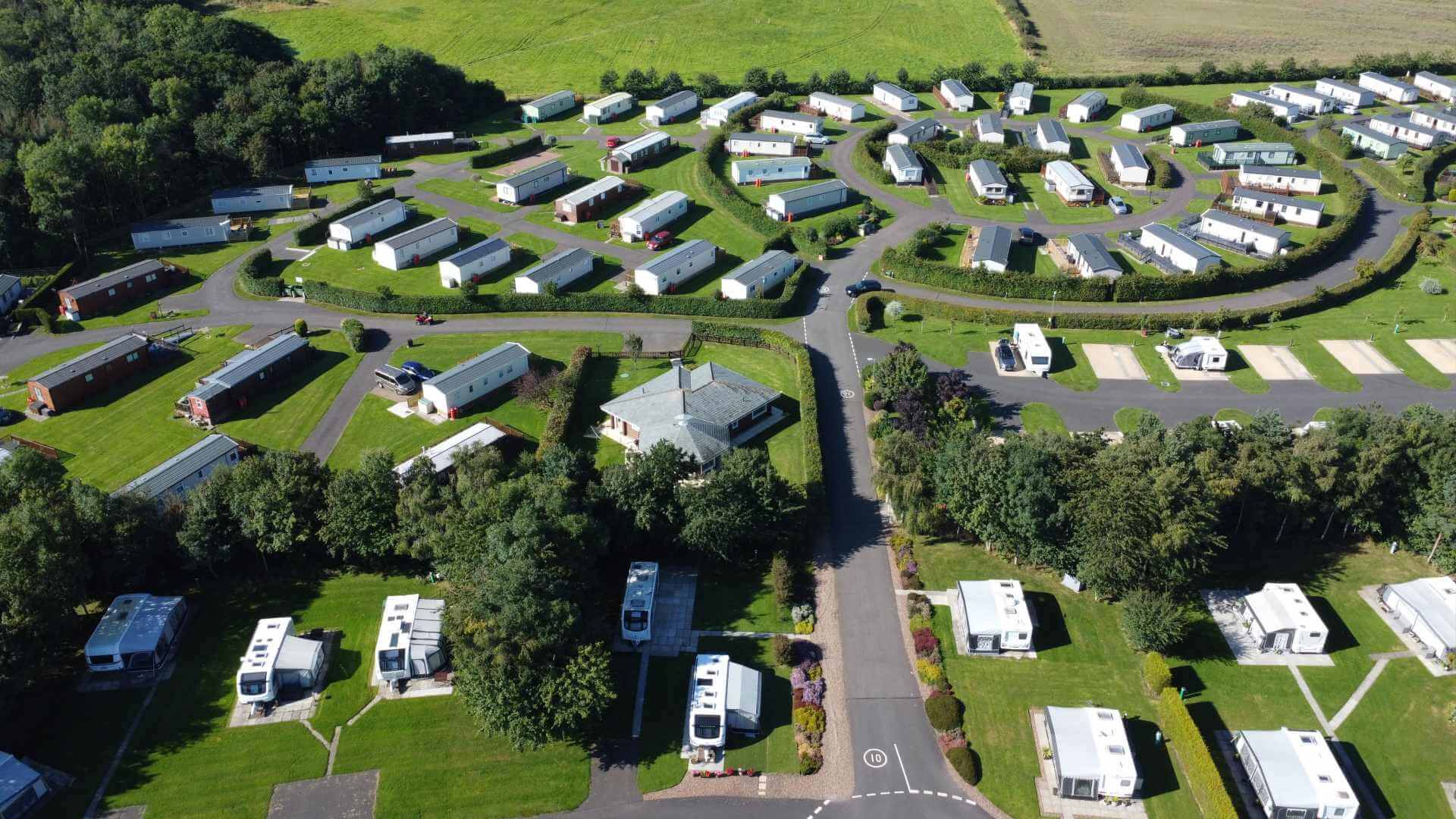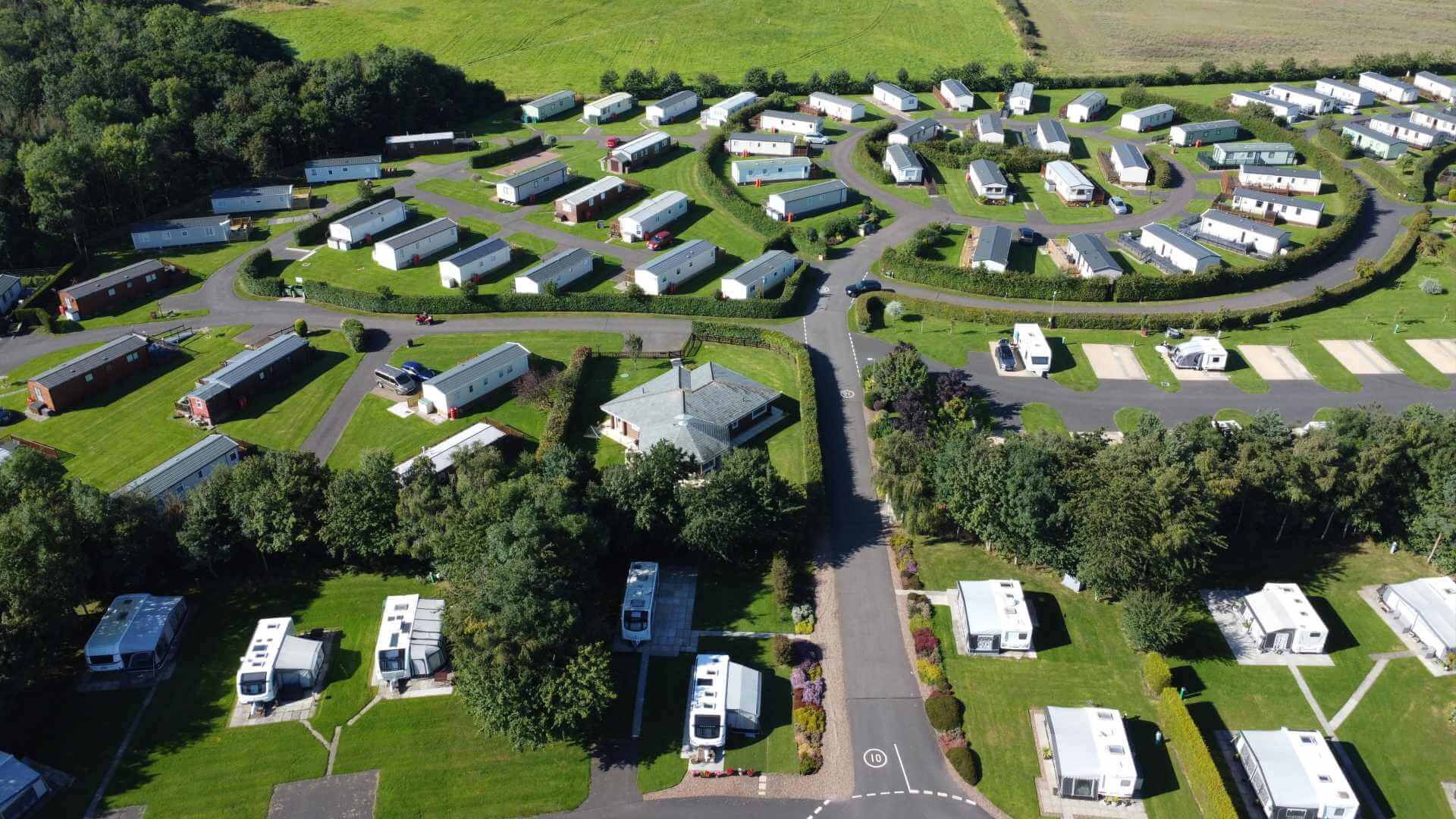Caravan parks and holiday parks face unique risks, with flooding being one of the most devastating threats to both business operations and …
Caravan Park Touring Pitch Insurance: Complete Protection Guide for UK Caravan Park Operators
Introduction
Operating a caravan park with touring pitches presents unique insurance challenges that standard commercial policies often fail to address adequately. From seasonal occupancy fluctuations to diverse visitor demographics, caravan park operators face distinct risks that require specialized insurance coverage. This comprehensive guide explores the essential insurance considerations for UK caravan park touring pitch operations, helping operators protect their business, visitors, and assets effectively.
Understanding Caravan Park Touring Pitch Operations
Caravan park touring pitches cater to temporary visitors who bring their own caravans, motorhomes, or tents for short-term stays. Unlike static caravan sites, touring pitches involve constant turnover of visitors, varying seasonal demands, and diverse accommodation types. This operational model creates specific insurance requirements that differ significantly from other hospitality or accommodation businesses.
The touring pitch sector encompasses various facility types, from basic grass pitches with minimal amenities to fully-serviced hardstanding pitches with electric hookups, water, and waste disposal. Many parks also offer additional facilities such as shower blocks, laundry rooms, play areas, and recreational amenities that enhance the visitor experience but also increase insurance considerations.
Key Insurance Risks for Caravan Park Touring Pitches
Property and Asset Protection
Caravan parks face significant property risks including damage to site infrastructure, utility installations, and recreational facilities. Weather-related damage poses particular concerns, with storms, flooding, and extreme temperatures potentially affecting electrical systems, water supplies, and ground conditions. Fire risks exist from both accidental causes and deliberate acts, potentially spreading rapidly across sites with multiple temporary accommodations.
Site infrastructure including roads, pathways, drainage systems, and landscaping requires protection against damage from heavy vehicles, adverse weather, and normal wear and tear. Utility installations such as electrical hookup points, water taps, and waste disposal facilities face risks from vandalism, accidental damage, and system failures that could disrupt operations significantly.
Public Liability Exposures
Touring pitch operations create substantial public liability risks due to the constant presence of visitors unfamiliar with site layouts and procedures. Slip, trip, and fall incidents represent common claims, particularly around shower blocks, reception areas, and uneven ground surfaces. Vehicle movement risks arise from caravans and motorhomes maneuvering in confined spaces, potentially causing injury to pedestrians or damage to property.
Children's play areas and recreational facilities increase liability exposures, requiring careful risk management and appropriate insurance coverage. Swimming pools, if present, create additional drowning and injury risks that demand specialized coverage and safety protocols. Dog-related incidents also occur frequently on caravan sites, as many parks welcome pets but face challenges managing animal behavior and interactions.
Business Interruption Considerations
Seasonal caravan parks face unique business interruption risks due to their concentrated earning periods. Damage or closure during peak summer months can devastate annual revenue, making adequate business interruption coverage essential. Weather-related closures, utility failures, or access road problems can force temporary closures that significantly impact profitability.
Infectious disease outbreaks, as demonstrated during the COVID-19 pandemic, can force extended closures or capacity restrictions that severely affect revenue. Food poisoning incidents in on-site catering facilities or contaminated water supplies can lead to immediate closure orders and long-term reputation damage affecting future bookings.
Employers Liability Requirements
Caravan park operators employing staff face standard employers liability obligations, but the outdoor working environment creates specific risks. Maintenance staff face hazards from electrical systems, heavy machinery, and chemical handling for swimming pool maintenance or cleaning operations. Reception and cleaning staff may work alone in remote locations, creating personal safety concerns.
Seasonal employment patterns common in the caravan park industry can complicate insurance arrangements, requiring policies that accommodate fluctuating staff numbers and temporary workers. Training requirements for new seasonal staff become crucial for maintaining safety standards and minimizing claims.
Specialized Coverage Requirements
Site License Protection
Caravan park operators must maintain valid site licenses from local authorities, and license suspension or revocation can halt operations immediately. Specialized insurance coverage can protect against legal costs associated with license applications, appeals, or defense against enforcement actions. This coverage becomes particularly valuable when facing complaints from neighbors or regulatory challenges.
Visitor Property Coverage
While visitors typically insure their own caravans and belongings, parks may face claims for damage occurring on-site due to inadequate security, utility failures, or site maintenance issues. Some policies offer limited coverage for visitor property damage, providing additional protection and customer service benefits that can enhance the park's reputation.
Environmental Liability
Caravan parks often operate in environmentally sensitive areas, creating potential pollution liability from fuel spills, waste water discharge, or chemical contamination. Environmental insurance coverage protects against cleanup costs and third-party claims resulting from pollution incidents, whether gradual or sudden and accidental.
Cyber Security Considerations
Modern caravan parks increasingly rely on online booking systems, payment processing, and customer databases, creating cyber security risks. Data breaches involving customer personal information, payment card details, or booking records can result in significant financial penalties and reputation damage. Cyber insurance coverage addresses these digital age risks that traditional policies exclude.
Seasonal and Weather-Related Risks
Winter Weather Protection
Many touring pitch operators face extended winter closures, but sites remain vulnerable to weather damage during closed periods. Frozen pipes, storm damage, and flooding can occur when sites are unattended, requiring insurance coverage that remains effective during closure periods. Some policies offer reduced premiums for seasonal operations while maintaining essential coverage.
Flood Risk Management
Caravan parks often occupy low-lying areas near rivers, lakes, or coastal locations that increase flood risks. Standard commercial policies may exclude or limit flood coverage, making specialized flood insurance essential. Business interruption coverage must account for extended closure periods required for flood damage cleanup and site restoration.
Storm and Wind Damage
Open caravan park locations increase exposure to storm and wind damage affecting both site infrastructure and visitor accommodations. High winds can damage electrical installations, signage, and temporary structures while also affecting visitor safety. Insurance coverage must address both immediate damage costs and potential liability claims from injured visitors.
Regulatory Compliance and Legal Requirements
Health and Safety Obligations
Caravan park operators must comply with extensive health and safety regulations covering fire safety, electrical installations, water quality, and waste management. Insurance coverage should include legal expense protection for defending against regulatory prosecutions and support for maintaining compliance with evolving regulations.
Planning Permission and Development
Site improvements, facility additions, or operational changes may require planning permission, creating potential legal challenges from objectors or regulatory authorities. Legal expense insurance can cover costs associated with planning applications, appeals, and enforcement action defense.
Choosing Appropriate Insurance Coverage
Policy Structure Options
Caravan park operators can choose between combined commercial policies that bundle multiple coverages or separate policies for different risks. Combined policies often provide cost advantages and simplified administration, while separate policies may offer more specialized coverage for specific risks. The choice depends on site complexity, risk profile, and budget considerations.
Coverage Limits and Deductibles
Adequate coverage limits require careful assessment of potential maximum losses, considering both property values and liability exposures. Public liability limits should reflect the number of visitors and potential severity of claims, while property coverage must account for full replacement costs including site preparation and infrastructure restoration.
Seasonal Adjustments
Many insurers offer seasonal rating adjustments that reduce premiums during closed periods while maintaining essential coverage. These arrangements require clear definition of operational seasons and coverage requirements during closure periods.
Risk Management Best Practices
Site Safety Measures
Implementing comprehensive safety measures reduces insurance costs and claim frequency. Regular maintenance schedules for electrical systems, water supplies, and site infrastructure prevent many common problems. Clear signage, adequate lighting, and well-maintained pathways reduce slip and trip hazards.
Visitor Safety Protocols
Establishing clear site rules, providing safety information to arriving visitors, and maintaining incident reporting procedures help manage liability risks. Emergency response procedures for medical incidents, fires, or severe weather events protect both visitors and the business.
Staff Training Programs
Regular staff training on safety procedures, emergency response, and customer service reduces both liability risks and operational problems. Seasonal staff require particular attention to ensure consistent safety standards throughout the operating season.
Claims Management and Prevention
Incident Response Procedures
Prompt incident response and documentation protect both injured parties and the business interests. Established procedures for medical emergencies, property damage, and security incidents ensure appropriate action while preserving evidence for potential insurance claims.
Maintenance and Inspection Programs
Regular inspection and maintenance programs prevent many insurance claims while demonstrating due diligence in risk management. Documented maintenance schedules provide valuable evidence in defending liability claims and may qualify for insurance premium discounts.
Working with Insurance Professionals
Specialist Broker Selection
Caravan park insurance requires specialized knowledge of industry risks and available coverage options. Experienced brokers understand seasonal operations, regulatory requirements, and industry-specific risks that general commercial insurance brokers may overlook.
Annual Policy Reviews
Regular policy reviews ensure coverage remains adequate as operations evolve, regulations change, and new risks emerge. Annual reviews should assess coverage limits, policy terms, and available enhancements that could improve protection or reduce costs.
Conclusion
Caravan park touring pitch operations face diverse and complex insurance requirements that demand specialized coverage solutions. From seasonal operational patterns to unique liability exposures, standard commercial policies rarely provide adequate protection for this specialized sector.
Successful caravan park operators recognize insurance as an essential business tool rather than a regulatory burden, working with experienced professionals to develop comprehensive coverage that protects their investment, visitors, and future operations. The cost of adequate insurance coverage represents a small fraction of potential losses from uninsured risks, making professional insurance advice and appropriate coverage essential for sustainable caravan park operations.
By understanding the specific risks, regulatory requirements, and coverage options outlined in this guide, caravan park operators can make informed decisions about their insurance needs and work effectively with insurance professionals to secure appropriate protection for their unique business requirements.


 0330 127 2333
0330 127 2333
